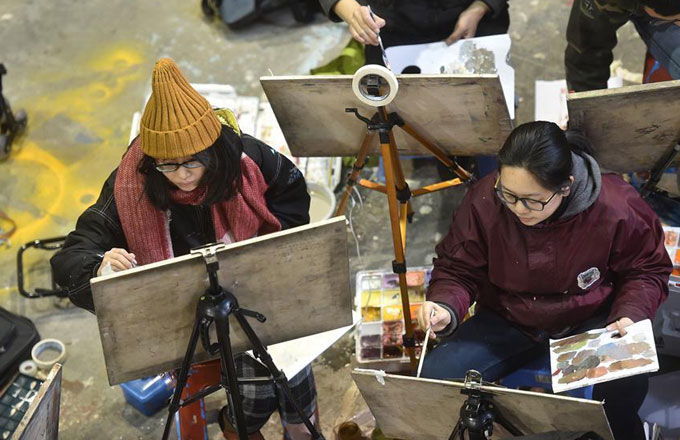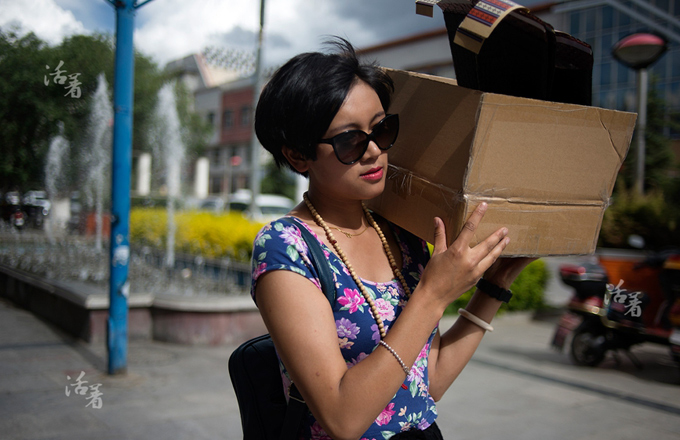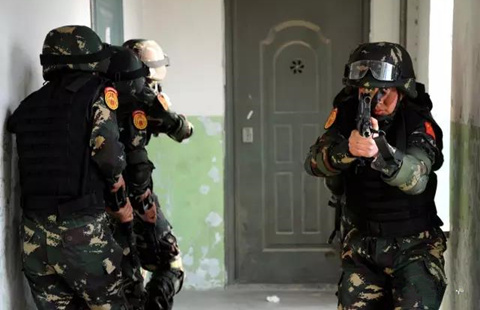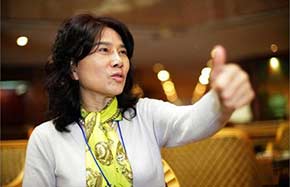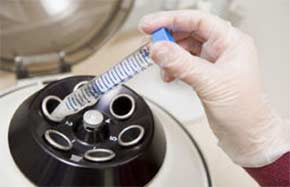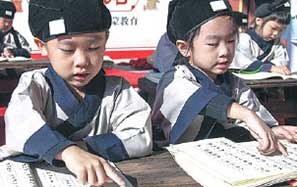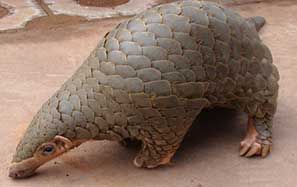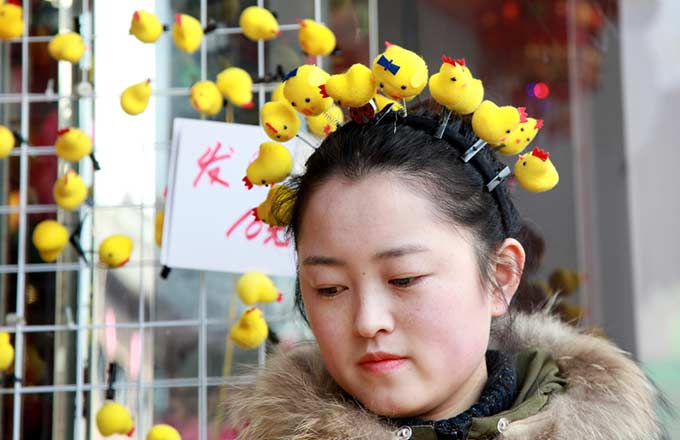Crackdown begins on illegal reproductive clinics
The Beijing Health Bureau raided a clinic illegally offering assisted reproductive services in Dongcheng district on Monday.
It was the opening of a yearlong campaign in the city to crack down on illegal assisted reproduction, which comes in response to a nationwide campaign to overhaul the assisted reproduction industry launched by the National Health and Family Planning Commission in February.
Zhong Dongbo, deputy chief of the bureau, said anyone can report illegal services by calling 12320 or by writing to the bureau on its website.
In China, hospitals are not allowed to offer assisted reproductive services unless qualified by provincial health authorities. There are 16 hospitals, including two private hospitals, in Beijing allowed to offer such services.
Each of the hospitals is strictly restricted to certain fields. For example, some can only do artificial insemination, while others are allowed to conduct external insemination and embryo transfers.
What's more, these hospitals are not allowed to offer surrogacy services, according to the Regulations on Human Assisted Reproductive Technology Management issued by the former ministry of health in 2001.
The clinic in Dongcheng district, which was registered to offer only cosmetic medical services, has not only exceeded its scope of business, but also breached the regulations by offering surrogacy, said the bureau.
China Central Television reported that the clinic charged 1 million yuan ($161,000) for successfully assisting the birth of a baby, and more if one wants to have boys.
It also offered gender diagnosis to guarantee that surrogate mothers give birth to boys if they wanted, which is prohibited by China's health authorities.
A clinic may face criminal charges and lose its license if it seriously violates the regulations, according to Lu Ming, head of the bureau's medical policy department.
The cost of assisted reproductive services in qualified hospitals in Beijing is very low, said Wang Shuyu, an expert of assisted reproductive technology in Beijing Obstetrics and Gynecology Hospital.
"Test-tube baby conception is 20,000 yuan each time. The cost for artificial insemination is a bit more than 1,000 yuan each time," she said.
But the low cost doesn't stop people from seeking services on the black market, said Wang.
"Hospitals qualified to offer assisted reproductive services require a couples' ID information and their marriage certificate, and they are permitted to deliver the babies. Also, these hospitals don't offer sex diagnosis," she said. "As a result, people choose the black market for assisted reproduction if they don't have all these documents, or want to have another child against the family planning policy, or need male heirs, or want to have multiple pregnancy."
The damage of receiving services from unqualified institutes can be huge, said Wang.
"For example, abusing ovulation stimulants can lead to accumulation of fluids in the thorax cavity and the abdominal cavity, and can even threaten one's life," she said.
"Also, if not strictly tested, there may be mistaken conception, and donated eggs will increase the chances of women getting infectious diseases such as hepatitis, syphilis and HIV, and giving birth to sick and even deformed infants."
wangqingyun@chinadaily.com.cn




